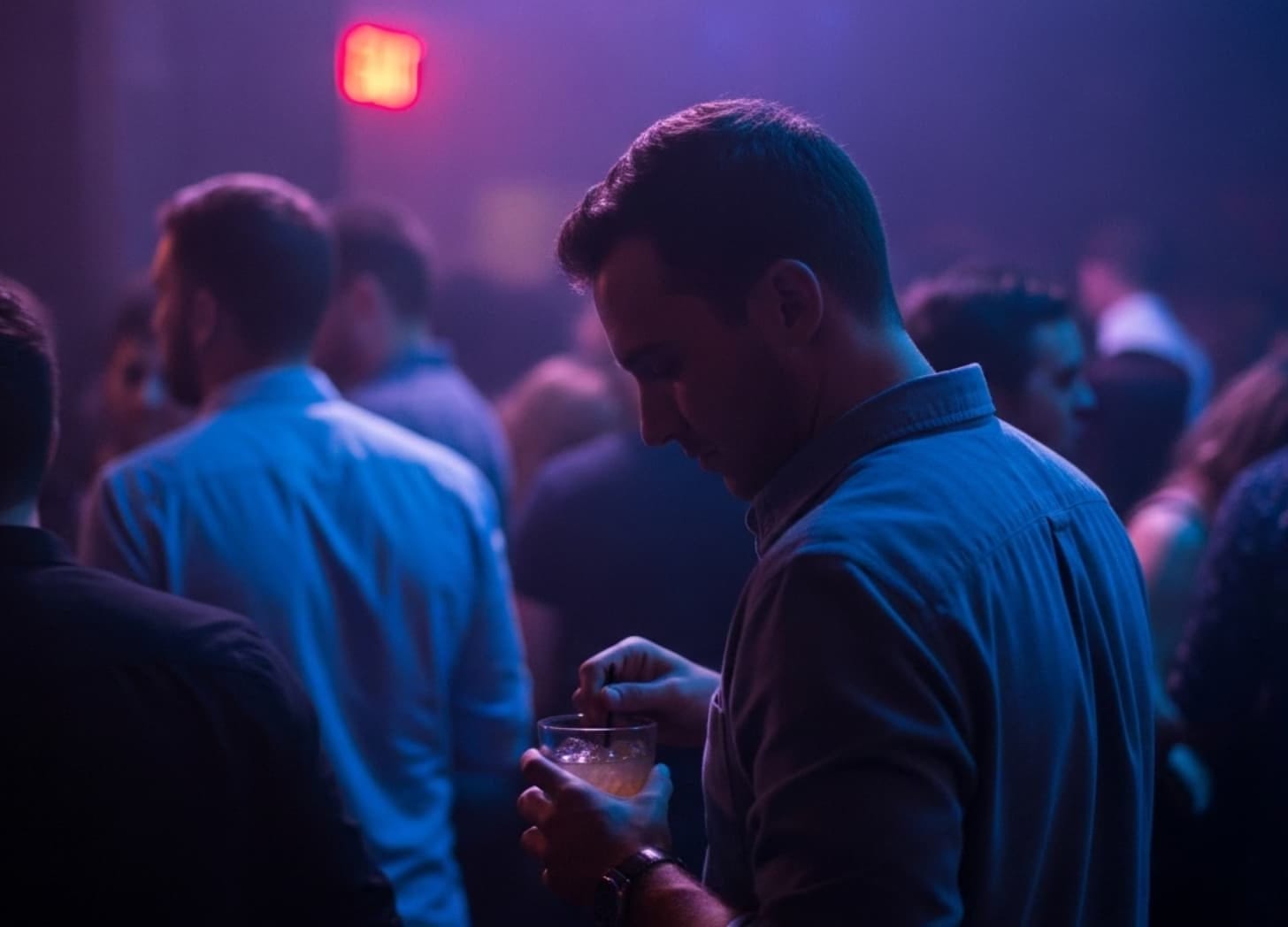Why Many Gay Men Feel Alone (Even Surrounded by People)
The epidemic of gay loneliness isn’t about being single. It’s about the survival tactics that saved us but left us strangers to each other.
He orders another drink and scans the room. It’s a Thursday night and the bar’s packed. Bodies everywhere. Music pounding. Conversations happening in clusters. He knows three people here, has slept with two others, and follows maybe a dozen on Instagram. His phone shows 847 followers, 23 unread texts, and four dating app conversations going nowhere.
He’s never felt more alone in his life.
Gets home at 1 AM. Scrolls until 3. Wakes up Friday with the same hollow feeling behind his ribs. Like hunger but lower. Like thirst, but nowhere to drink from.
This is the thing nobody tells you about being gay in 2025. Coming out was supposed to fix this.
The Data Nobody Wants to See
Here’s what research in 2024 showed, not opinion pieces by those who’ve never sat face-to-face with a gay man crying because he can’t remember the last time someone asked how he was.
Gay men report loneliness rates between 13% to 34.7%, compared to 2.9% to 9.6% in the general European population. That’s from a meta-analysis of 72 studies involving over 1,300 participants. Not a small sample. Not anecdotal. Not “well, in my experience.”
But here’s the part that should really stand out:
Gay men report feeling isolated despite being surrounded by others.
I often hear clients refer to the people in their lives as friends. What many realize is that they have acquaintances. From hookups. Guys they see at the gym. People they text when they’re bored or horny, or both.



